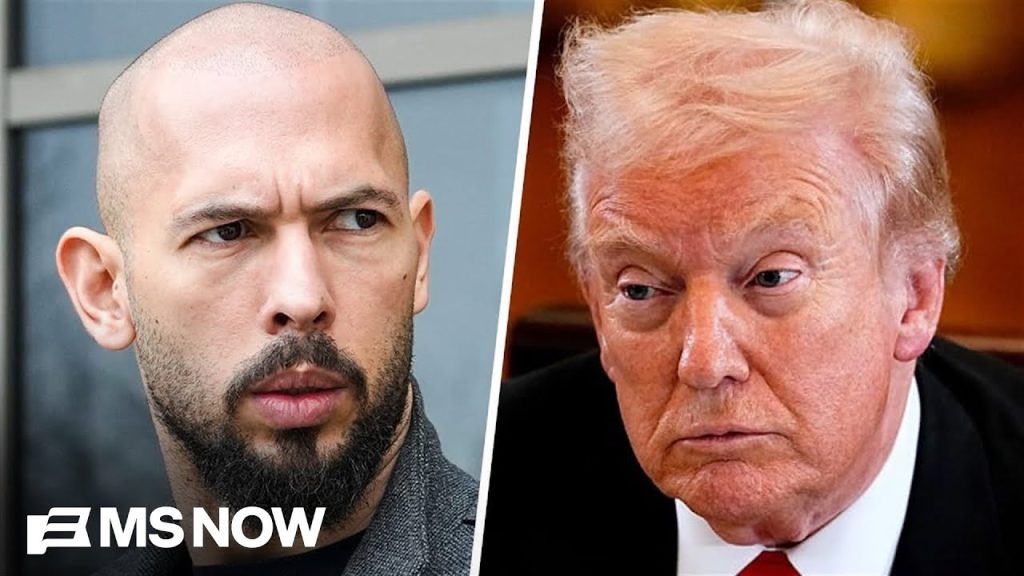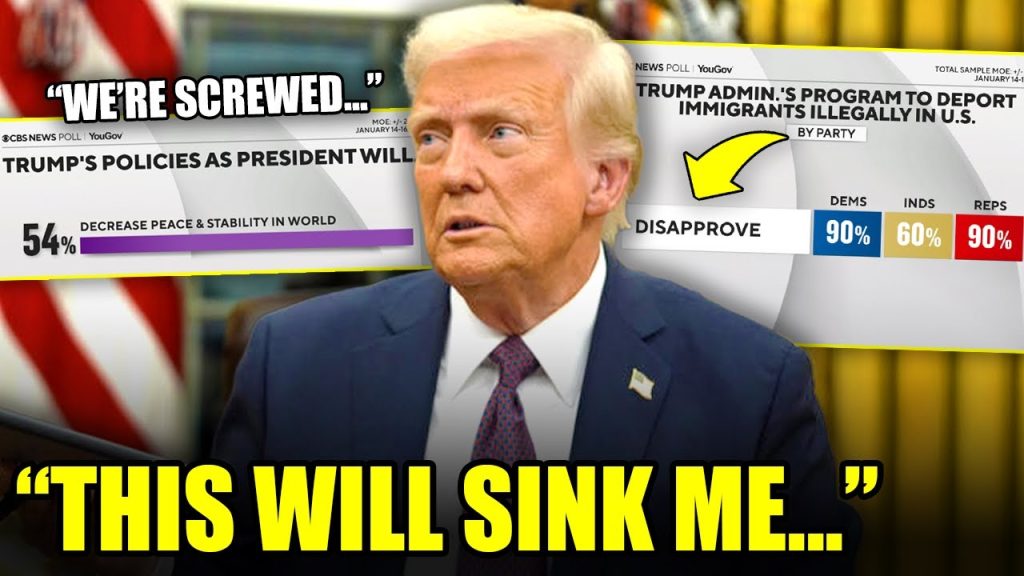The recent claim of a White House official intervening in an investigation involving Andrew Tate raises critical questions about political influence in law enforcement actions. Coupled with reports that the State Department has significantly weakened the Office to Monitor and Combat Trafficking in Persons, these developments suggest a potential shift in the U.S. government’s approach to combating human trafficking and maintaining accountability.
Andrew Tate, a controversial social media personality and entrepreneur, has been under scrutiny for various allegations. The implication of high-level intervention in an ongoing investigation could reflect broader tensions within political and bureaucratic institutions concerning law enforcement priorities and the handling of sensitive cases involving high-profile individuals.
The Office to Monitor and Combat Trafficking in Persons, part of the State Department, plays a crucial role in coordinating U.S. efforts to eradicate human trafficking both domestically and internationally. The reported “gutting” of this office may indicate budgetary cuts, staffing reductions, or policy shifts that hamper its ability to fulfill its mission effectively. Such changes often attract criticism from advocacy groups and policymakers who fear that diminished resources could undermine the fight against human trafficking chains that affect millions globally.
These developments occur against a backdrop of increasing public awareness of human trafficking as a severe violation of human rights. The U.S. government historically has positioned itself as a leader in combating trafficking, issuing annual Trafficking in Persons (TIP) reports that assess countries’ progress and incentivize improvements. Any perceived weakening of the institutions tasked with this effort could signal a deprioritization that may have international repercussions.
Political interference in legal investigations and the restructuring of anti-trafficking agencies can influence public trust and raise concerns about transparency. Observers and critics will likely call for greater oversight and accountability to ensure that justice is served without undue political influence and that anti-trafficking initiatives are sufficiently supported to protect vulnerable populations.
Where to Learn More
- U.S. Department of State – Trafficking in Persons Report – Annual assessment of human trafficking worldwide by the State Department.
- Human Rights First – Human Trafficking – Advocacy and detailed information on trafficking and U.S. government actions.
- The New York Times – Comprehensive reporting on recent political and legal developments.
- The Washington Post – In-depth coverage of U.S. politics and official investigations.
- PBS NewsHour – Balanced analysis of current political controversies and policy changes.




